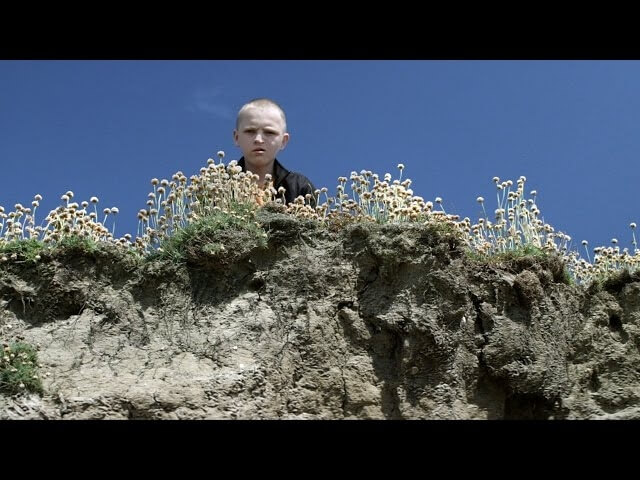A grim arthouse director made a comeback by embracing self-parody

Every day, Watch This offers staff recommendations inspired by a new movie coming out that week. This month: The A.V. Club atones for its sins of omission, recommending the best movies of the year that we didn’t review.
Li’l Quinquin (2014)
Bruno Dumont’s 1999 Cannes prizewinner Humanité is notorious for its intensely slow pace, overtones of religious allegory, and unsettling close-ups of the body of a raped and murdered child. But it’s also set up exactly like an offbeat mystery novel, complete with an eccentric, memorably named, creature-of-habit detective (Lt. Pharaon De Winter of the Bailleul police), small-town setting, and sense of regional flavor. It’s a movie that the French filmmaker—once hyped as the next big confrontation artist of the European arthouse, and still prone to saying things like “My work is all about transfiguration” in interviews—has never managed to equal, instead mostly making variations on the same themes, each vaguer and less compelling than the last. But apparently the way to avoid devolving into self-parody is to embrace it head on, which is more or less what Dumont did with his miniseries Li’l Quinquin, a demented black comedy that often plays like a send-up of Dumont’s miserablist reputation and of philosophizing, eternal-struggle-of-good-and-evil procedurals in the True Detective mode—a category that happens to include Dumont’s best work.
Produced in four episodes for the Arte network, and screened in American theaters this year, Li’l Quinquin is set in a rural community in French Flanders, where a string of outrageously gruesome murders is investigated by blissfully imbecilic local cops Van Der Weyden (Bernard Pruvost, in real life a gardener with a facial tic) and Carpentier (Philippe Jore). Watching from the other side of the police tape are the local youth, including the smoosh-nosed title character (Alane Delhaye), a 12-year old boy alternately depicted as a comic-strip scamp and a racist bully. Cast, like almost all of Dumont’s work, with non-professional actors, Li’l Quinquin is alternately affectionate and accusatory toward its small-town oddball characters, sometimes striking a tricky balance between sympathy and mockery. (See: One of the series’ standout scenes, a talent show song performed at a funeral.) L’il Quinquin is another one of Dumont’s allegories of grace and cruelty, but this time, it’s served with self-awareness, slapstick hijinks, impressively unprofessional police work, and adventurously bad driving. And the thing about the humor is that it doesn’t dilute the vision, but complicate it, finally allowing it to evolve.
Availability: Li’l Quinquin is available on Blu-ray and DVD through Amazon or possibly your local video store/library. It can also be rented or purchased digitally from Amazon, and is currently streaming on Netflix and Hulu Plus.